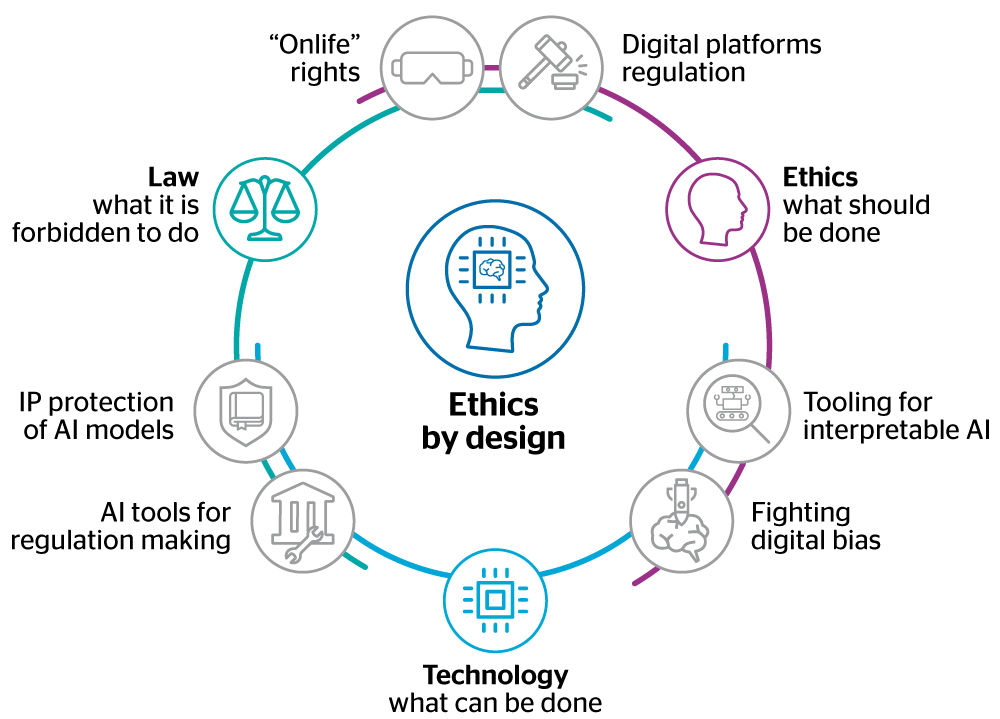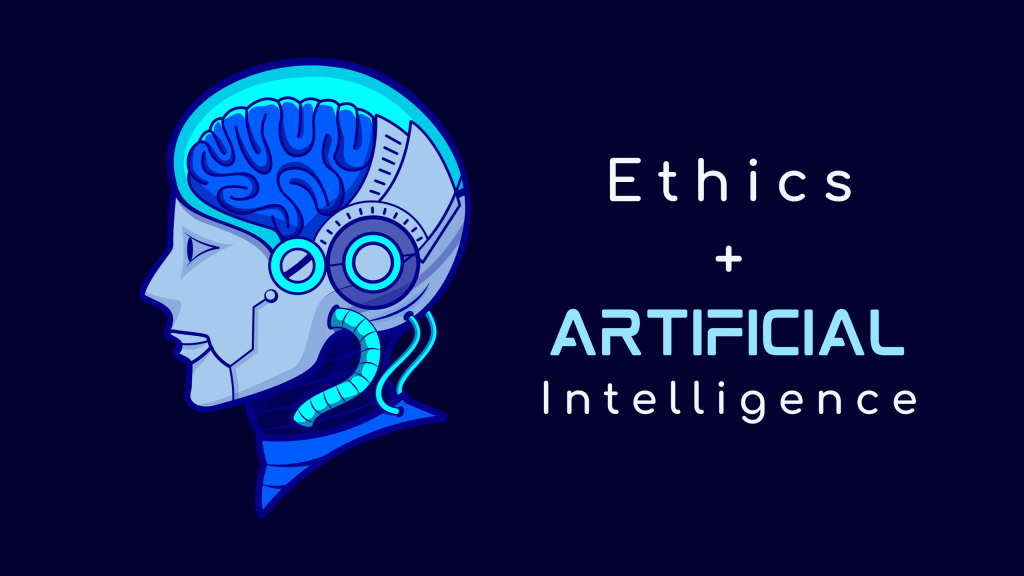Introduction
Artificial Intelligence (AI) has revolutionized digital marketing, enabling brands to deliver personalized experiences, automate campaigns, and analyze data at unprecedented scale. But with great power comes great responsibility. As AI becomes more embedded in marketing strategies, ethical concerns around privacy, bias, transparency, and manipulation are rising to the forefront. Let’s see Ethics of AI in Digital Marketing.
This blog explores the ethical dimensions of AI in digital marketing, the risks and responsibilities involved, and how businesses can adopt AI ethically to build trust and long-term customer relationships.
1. The Rise of AI in Digital Marketing
AI is now central to:
- Personalized content delivery
- Predictive analytics
- Chatbots and virtual assistants
- Programmatic advertising
- Customer segmentation
- Voice and visual search
These capabilities have transformed how marketers engage with audiences—but they also raise questions about how data is used, who controls the algorithms, and what safeguards are in place.
2. Key Ethical Concerns in AI-Driven Marketing
🔐 Privacy and Data Usage
AI relies heavily on user data—browsing behavior, purchase history, location, and even biometric data. Ethical concerns arise when:
- Data is collected without informed consent
- Users are unaware of how their data is used
- Sensitive data is exploited for targeting
Best Practice: Use transparent data policies, obtain explicit consent, and comply with regulations like GDPR and India’s DPDP Act.
⚖️ Bias and Discrimination
AI models can inherit biases from training data, leading to:
- Discriminatory ad targeting
- Unequal access to offers or services
- Reinforcement of stereotypes
Example: An AI ad system might show high-paying job ads only to men if trained on biased historical data.
Best Practice: Audit algorithms regularly, diversify training data, and implement fairness checks.
🧠 Manipulation and Psychological Targeting
AI can predict and influence user behavior—sometimes crossing ethical lines:
- Exploiting emotional vulnerabilities
- Creating urgency through FOMO tactics
- Nudging users toward impulsive decisions
Best Practice: Focus on empowering users with information, not manipulating them into actions.

🕵️ Transparency and Explainability
Many AI systems operate as “black boxes,” making decisions that marketers and users don’t fully understand.
Risks:
- Lack of accountability
- Difficulty in correcting errors
- Erosion of trust
Best Practice: Use explainable AI models and provide clear disclosures about how decisions are made.
📉 Loss of Human Touch
Over-reliance on AI can lead to:
- Generic, robotic interactions
- Reduced empathy in customer service
- Alienation of users seeking human connection
Best Practice: Blend AI with human oversight, especially in sensitive interactions.
3. Regulatory Landscape and Compliance
🌍 Global Regulations
- GDPR (EU): Requires consent, data minimization, and transparency
- CCPA (California): Gives users control over personal data
- DPDP Act (India): Focuses on data protection and user rights
🧾 Ethical Frameworks
- OECD AI Principles
- UNESCO AI Ethics Guidelines
- AI Ethics Guidelines by NITI Aayog (India)
Tip: Stay updated with evolving laws and align your AI practices with global ethical standards.
4. Ethical AI in Action: Case Studies
🛍️ Retail Brand
Used AI to personalize product recommendations but allowed users to opt out and control their data preferences.
🧠 Healthcare App
Implemented AI chatbots for symptom checking but ensured human review for critical decisions.
📧 Email Marketing Platform
Used AI to optimize send times and subject lines, but avoided manipulative language and respected unsubscribe requests.

5. Building an Ethical AI Strategy
✅ Conduct Ethical Audits
Review how AI systems collect, process, and use data.
✅ Involve Diverse Teams
Include voices from different backgrounds to reduce bias.
✅ Prioritize User Consent
Make opt-ins clear, easy, and revocable.
✅ Educate Your Audience
Explain how AI works and how it benefits users.
✅ Monitor and Improve
Use feedback loops to refine AI behavior and correct issues.
6. The Role of Marketers in Ethical AI
Marketers must act as ethical stewards, ensuring that AI enhances—not exploits—the customer experience.
Responsibilities:
- Advocate for transparency
- Challenge unethical practices
- Collaborate with data scientists and legal teams
- Promote inclusive and respectful messaging
7. Future Outlook: Ethical AI in 2025 and Beyond
🔮 Trends to Watch:
- AI ethics officers in marketing teams
- Real-time consent management systems
- AI explainability dashboards
- Ethical certifications for AI tools
- Greater consumer awareness and activism
Conclusion
AI offers incredible opportunities to elevate digital marketing—but only if used responsibly. Ethical AI is not just about compliance—it’s about building trust, fostering loyalty, and creating meaningful connections.
As we move forward, marketers must balance innovation with integrity, ensuring that AI serves the customer—not the algorithm.





